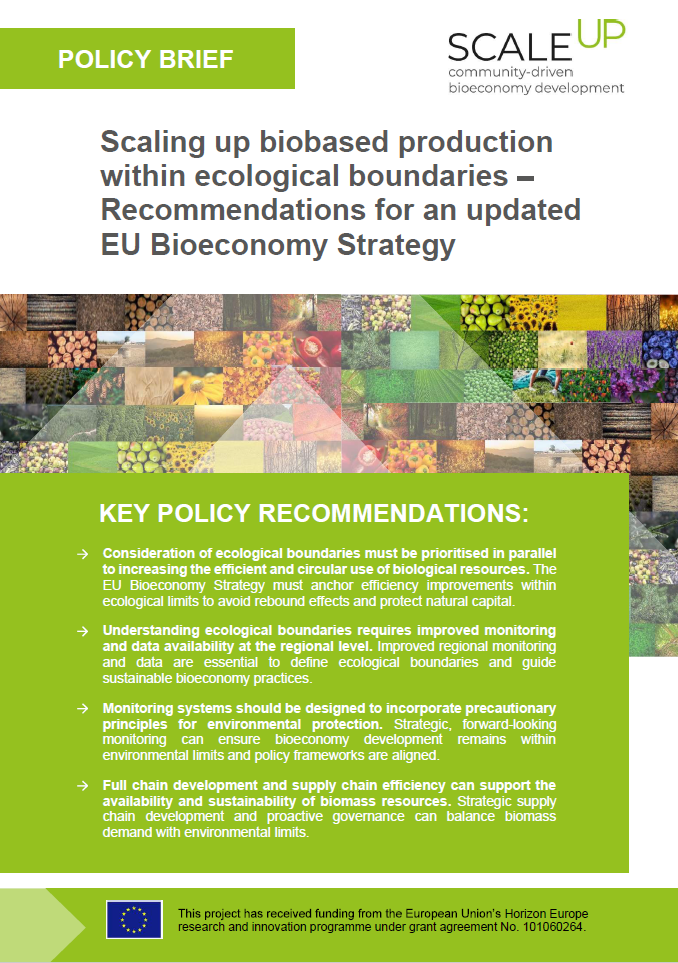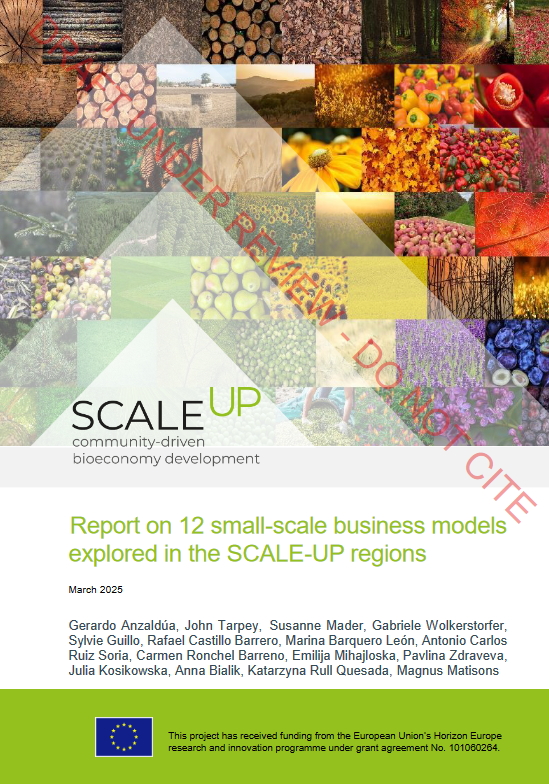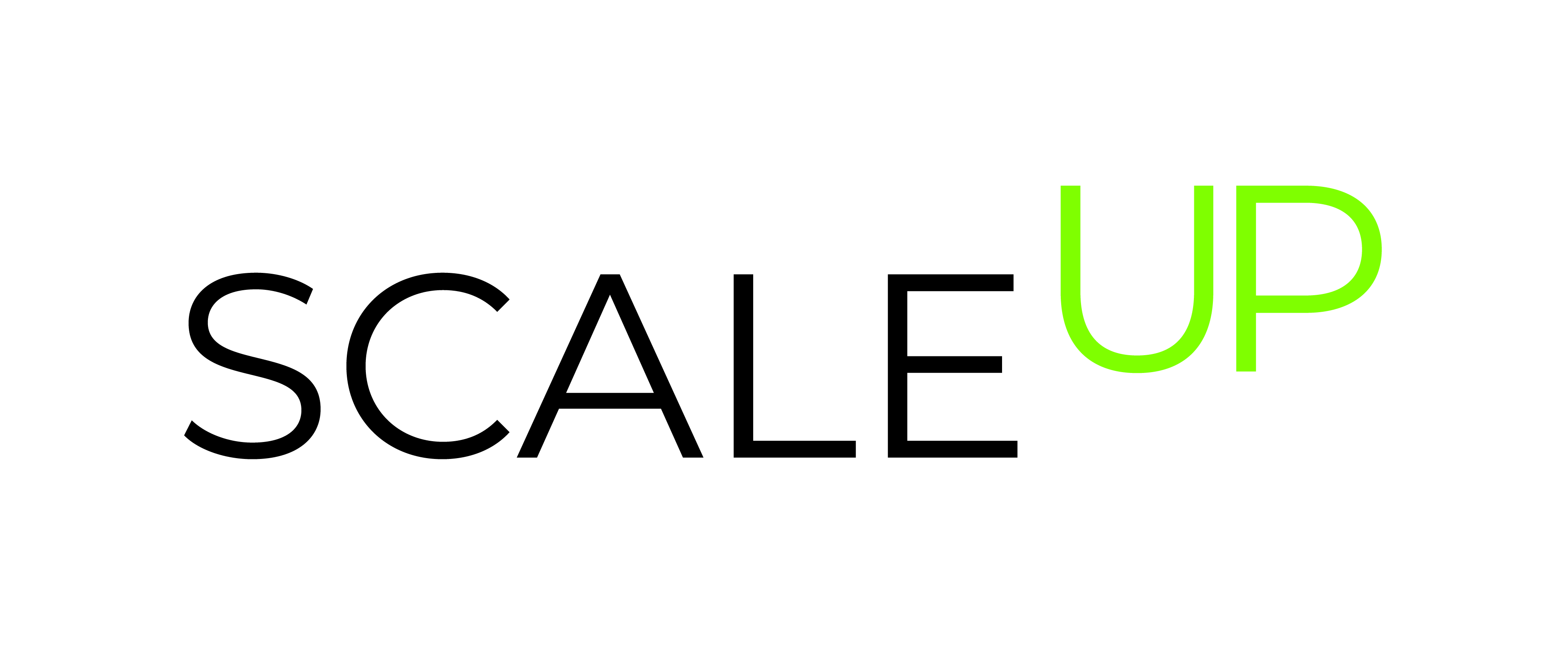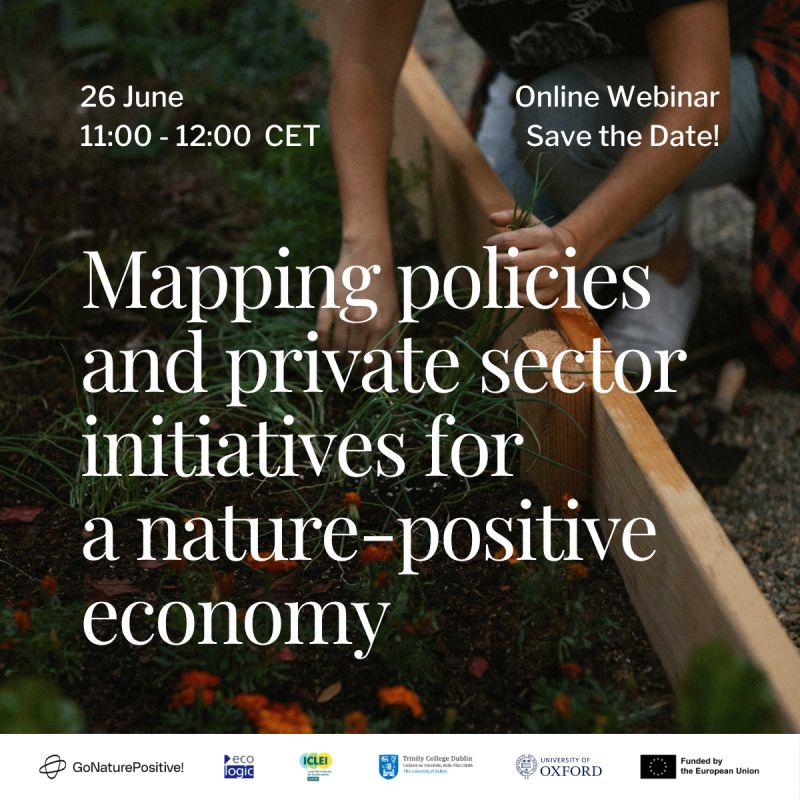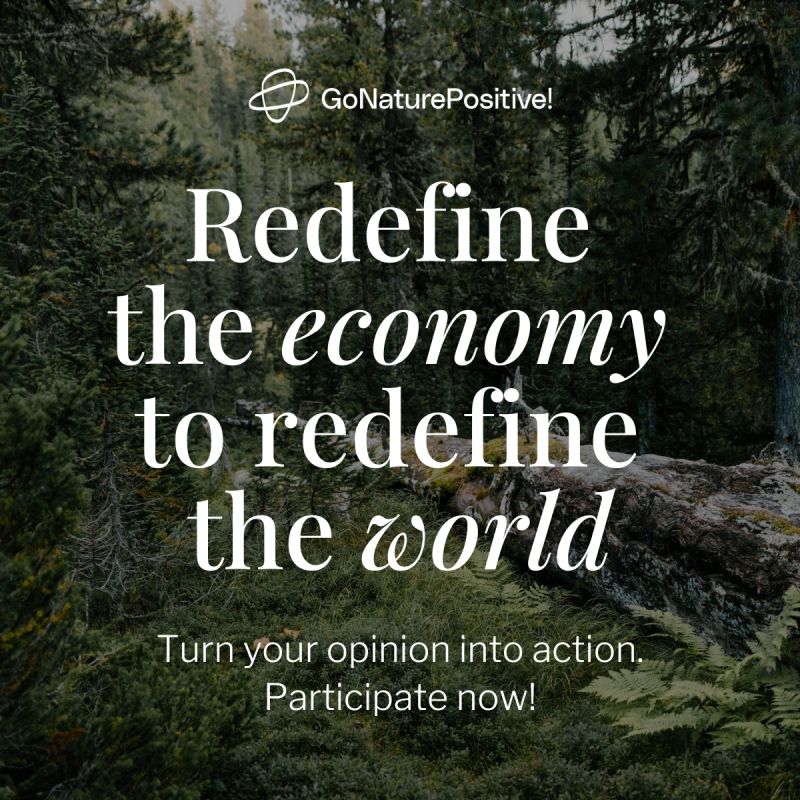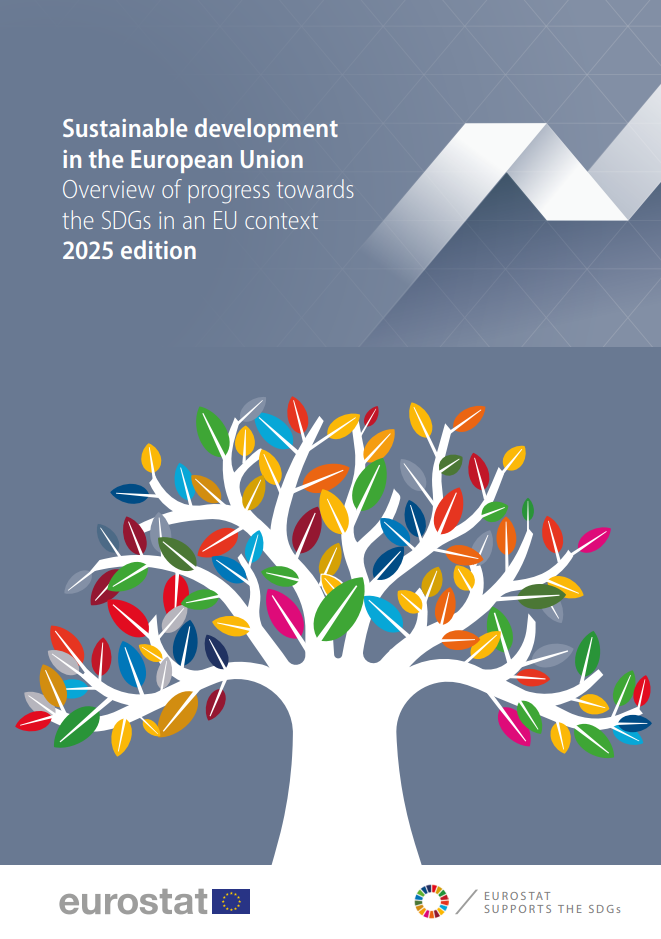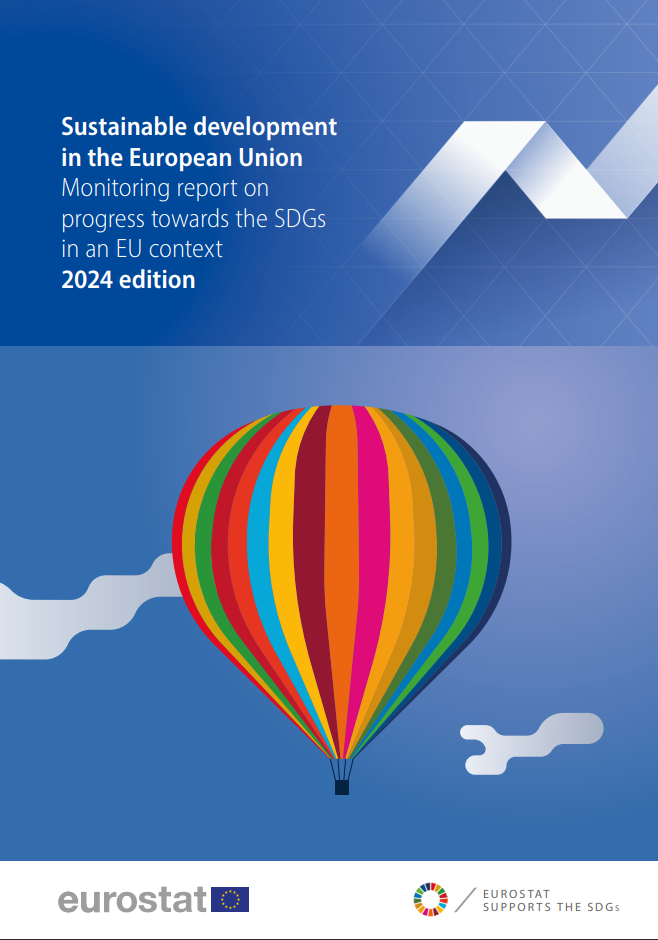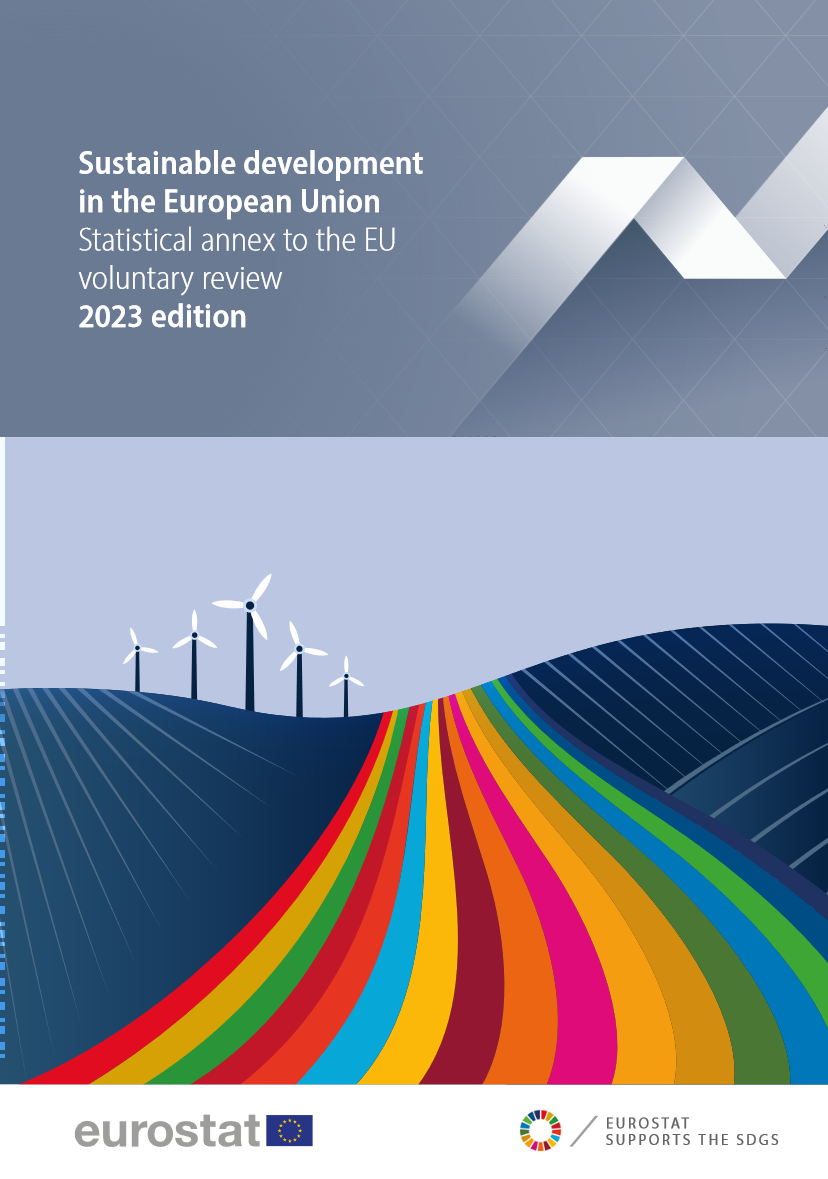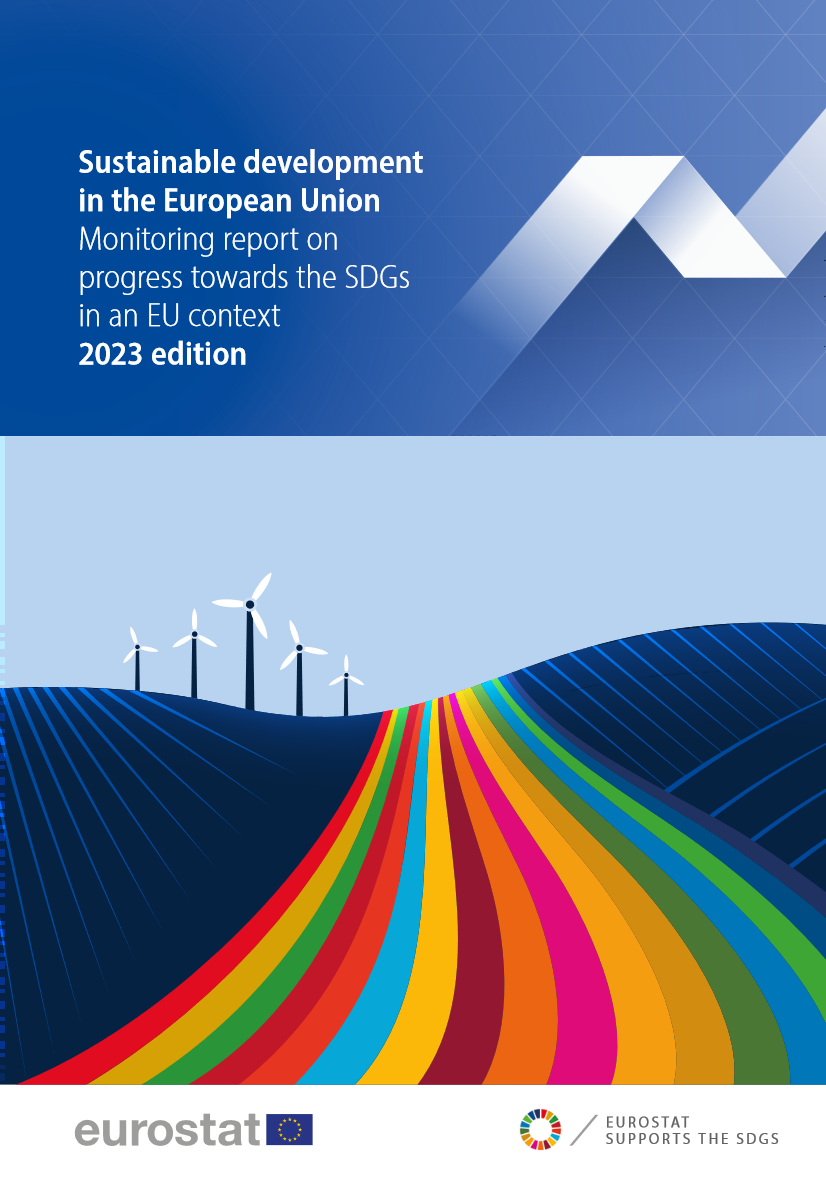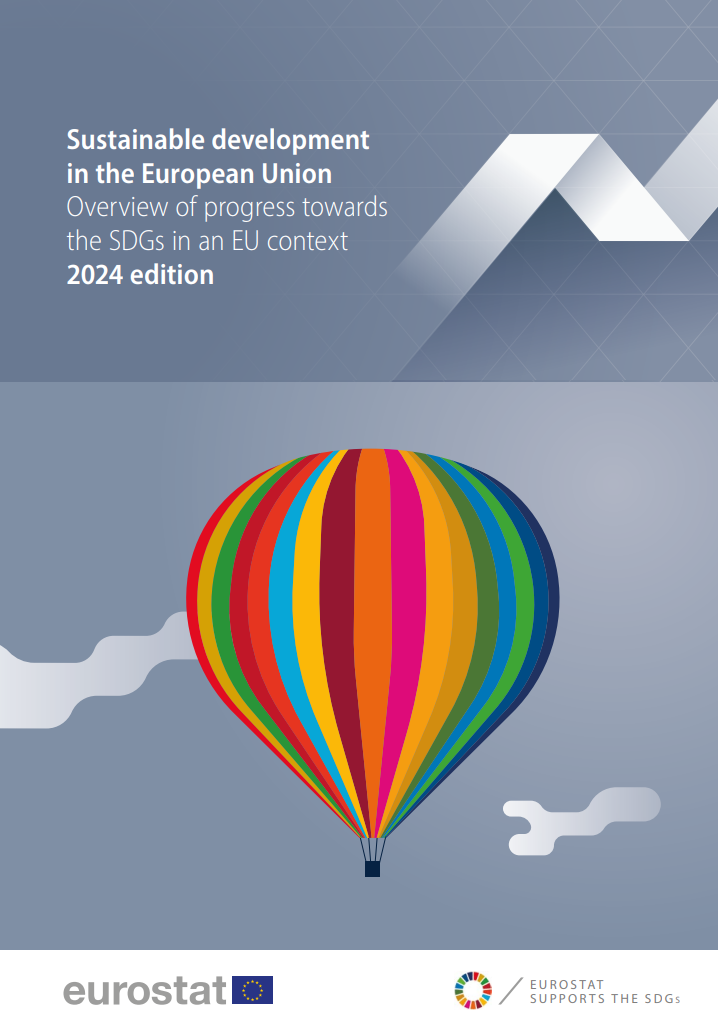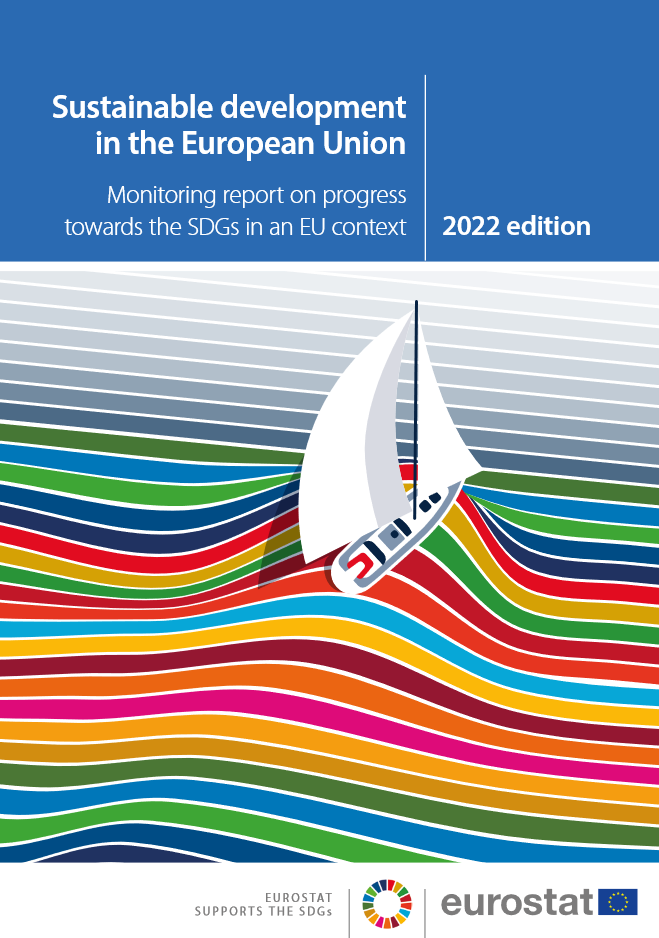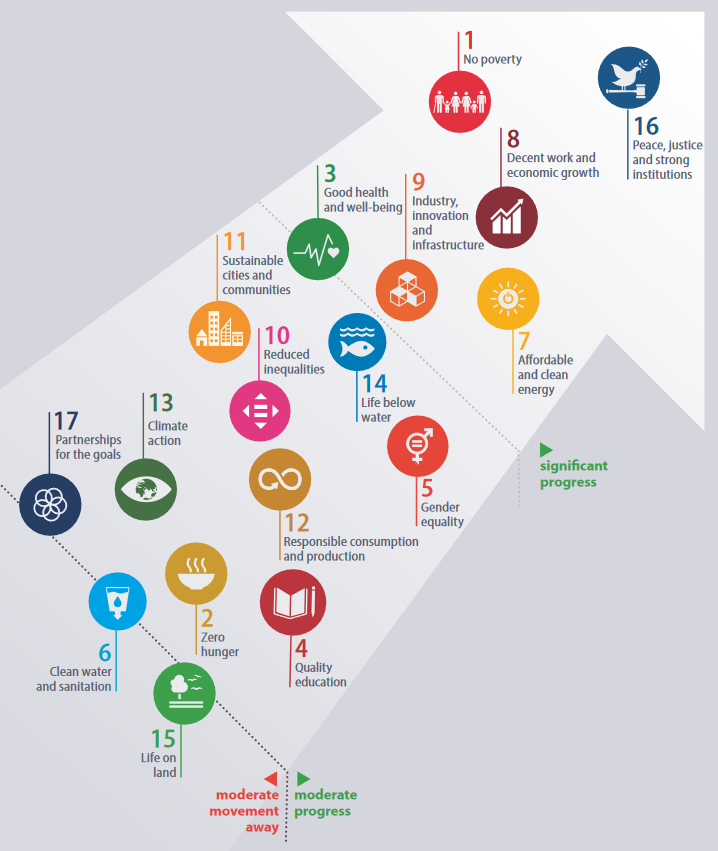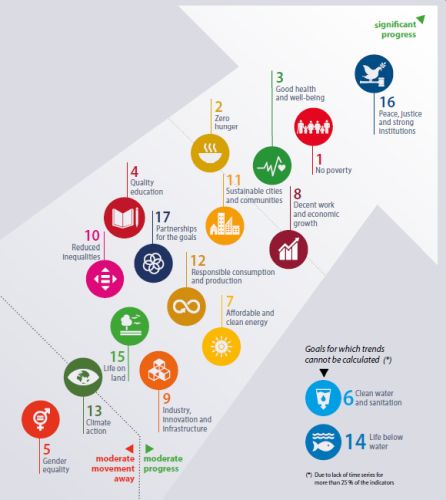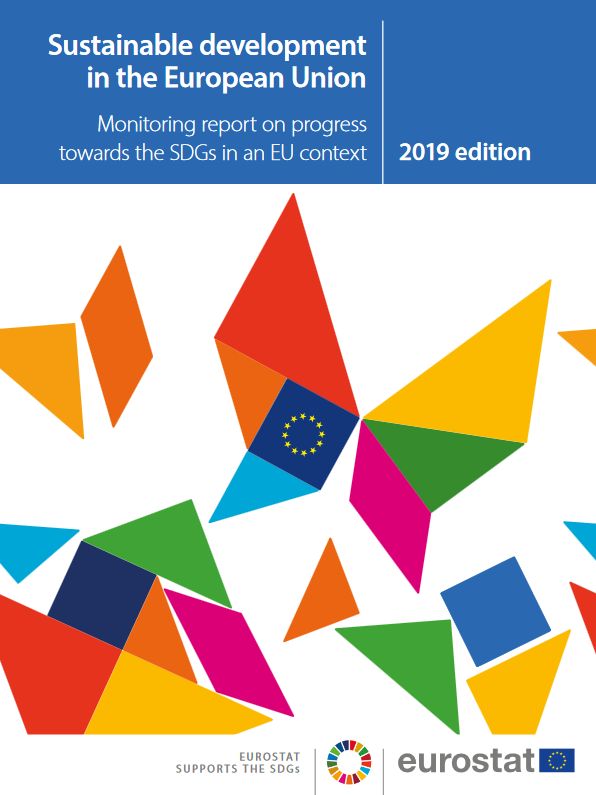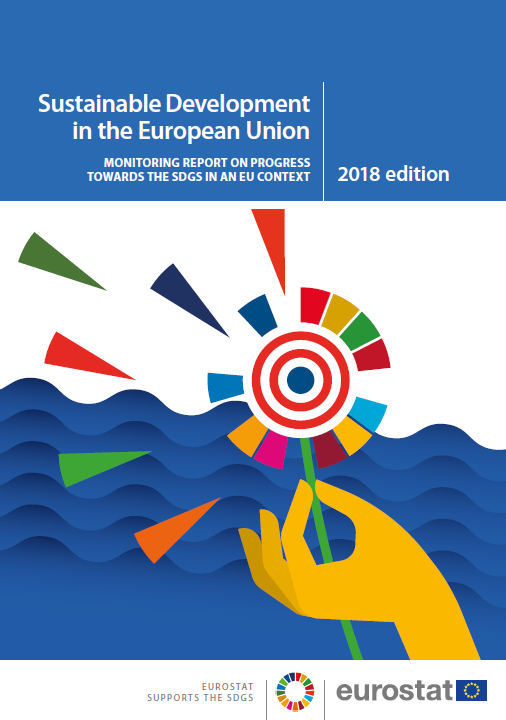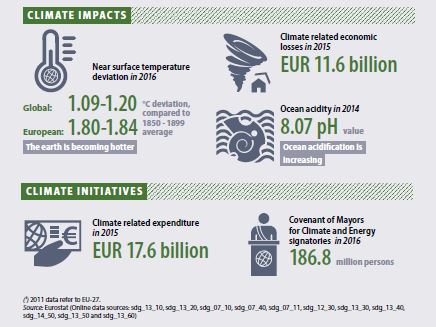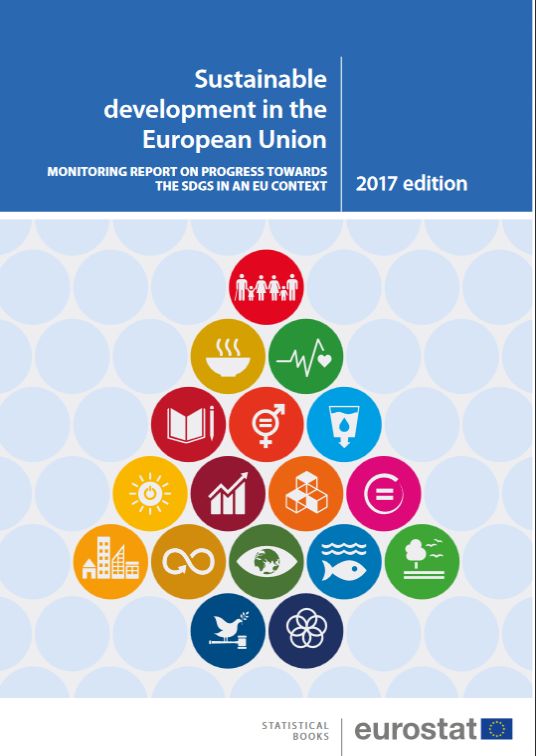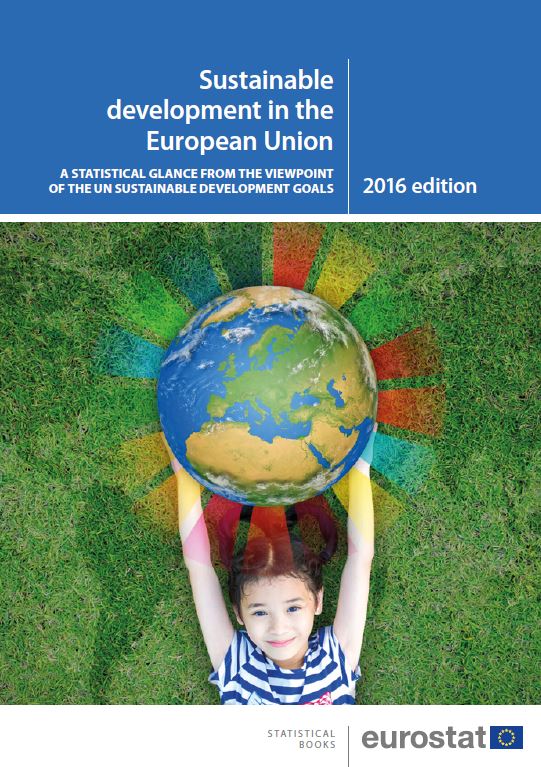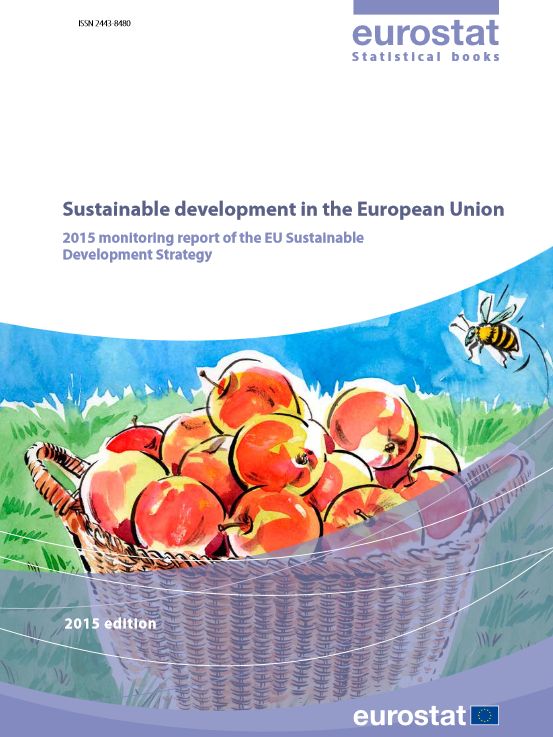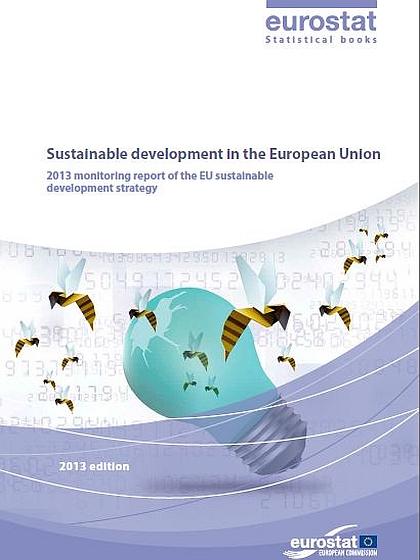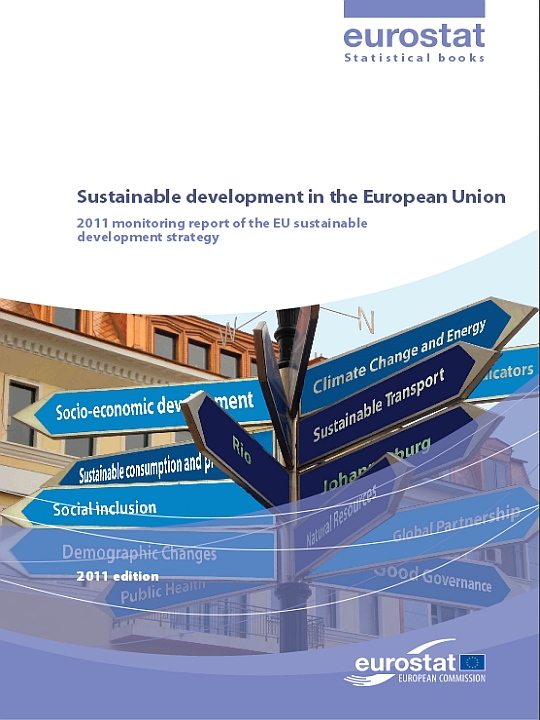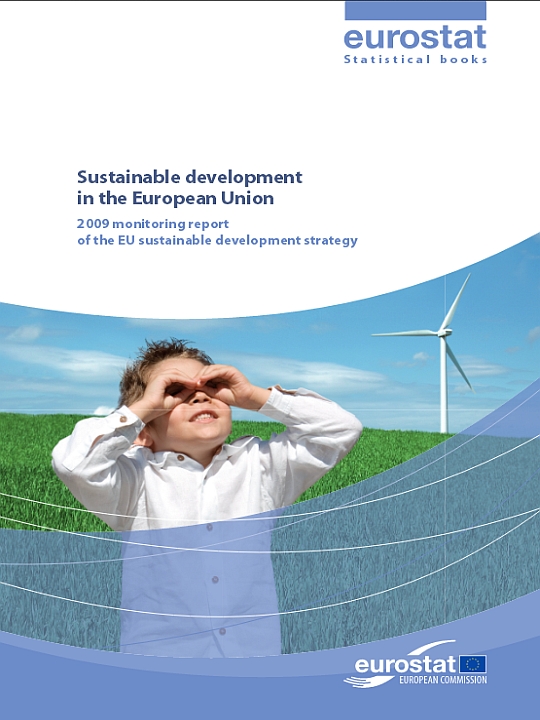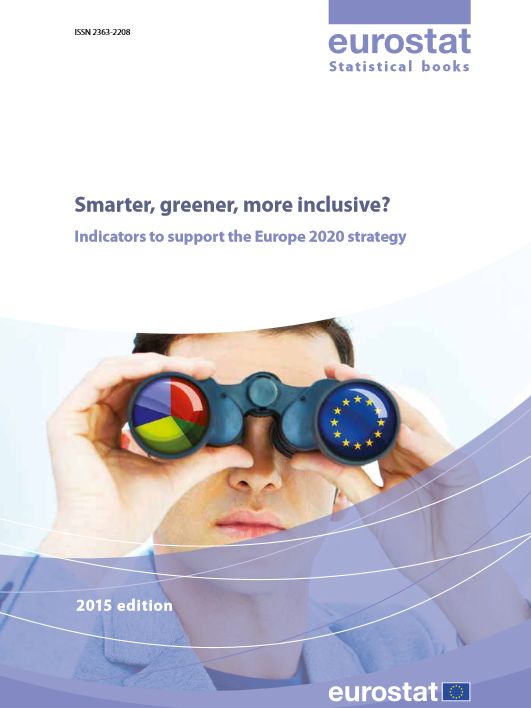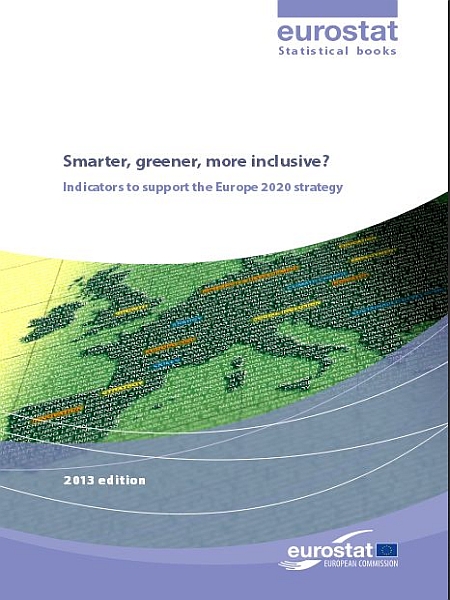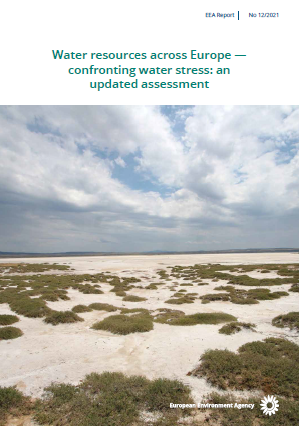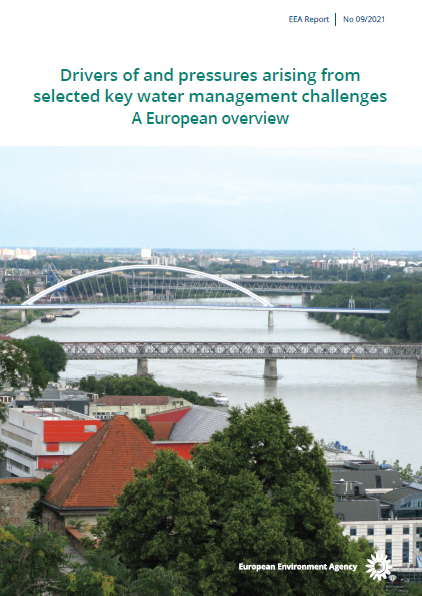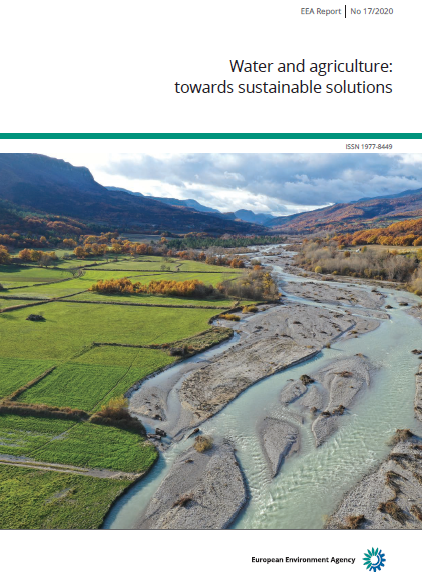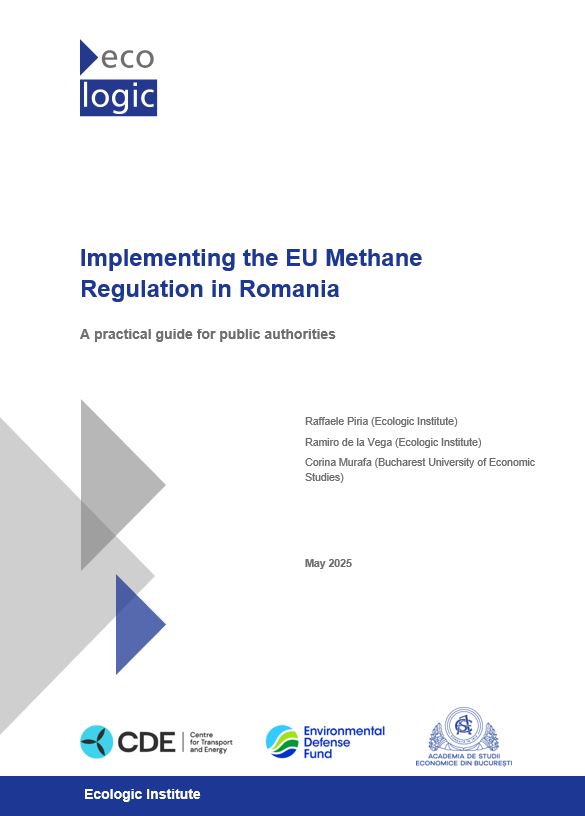As part of the EU-funded GoNaturePositive! project, five sectoral briefs were developed to explore how key economic sectors can contribute to a nature-positive economy. Covering agri-food systems, built environment, forestry, tourism, and the blue economy, these concise documents present the challenges, opportunities, and policy recommendations needed to transform these sectors – helping balance economic activity with ecosystem health and biodiversity conservation. The briefs are designed to guide upcoming project activities, including setting priorities, tackling policy barriers, and supporting targeted actions at project pilot sites.
Key messages of the sectoral briefs are outlined below. These briefs accompany an in-depth report entitled "Mapping policy and co-operate initiative landscapes for systemic change towards a nature-positive economy".
Agri-food systems
Agriculture covers 38% of EU land but exerts the greatest pressure on European habitats, accounting for 48% of pollution pressures on ecosystems. A shift toward nature-positive sector is underway, with a share of organic farming increasing and nature-positive practices, such as wetland restoration, reduction of synthetic pesticides, regenerative agriculture, being supported by both public and private initiatives. Accelerating this transition requires more systemic policy design with clear binding long-term targets, cross sector synergies, financial recognition for ecosystem services, effective restoration measures, participatory approaches.
More about the sectoral brief on "Agri-food systems" ...
Blue economy
The blue economy sector contributes around 2% to the EU economy, while also causing habitat destruction and biodiversity loss from seabed trawling, overexploitation, and unsustainable tourism. Promising nature-positive strategies include blue carbon farming, marine ecosystem restoration, regenerative aquaculture, and circular bio-based solutions. To achieve widespread uptake, biodiversity-positive incentives must be embedded in maritime policy, financing instruments, and industrial strategies to help redirect investments toward regenerative, low-carbon marine solutions.
More about the sectoral brief on "Blue economy" ...
Built environment
The built environment plays a central role in Europe’s economy, contributing 9% of EU GDP and providing 18 million direct jobs. Yes, urbanisation and construction sector are one of the key drivers of biodiversity loss, resource depletion, and pollution. Nature-based solutions such as green roofs, urban forests, wetlands, and permeable pavements, alongside energy-efficient design and the use of sustainable materials are supporting a shift towards nature-positive. Stronger regulatory frameworks, green public procurement, and targeted investments are needed with stronger enforcement of existing mandates like the Urban Wastewater Treatment Directive.
More about the sectoral brief on "Built Environment" ...
Forestry
Forests cover 39% of the EU's land area, yet only 14% are reported as being in 'good' conservation status. A shift toward sustainable forest management through approaches like closer-to-nature forestry and agroforestry while limiting harmful practices such as clear-cutting can accelerate the transition to a nature-positive economy. Leveraging the EU Nature Restoration Regulation can further strengthen coordinated forest restoration. Finally, aligning forest-related funding and subsidies with biodiversity and climate objectives is crucial to ensure long-term ecological resilience and policy coherence.
More about the sectoral brief on "Forestry" ...
Tourism
Tourism contributes around 10% of EU GDP, but places significant pressure on biodiversity and ecosystems through infrastructure expansion, overuse of natural areas, and mass tourism. Strategies such as eco- and regenerative tourism can enhance conservation, empower local communities, and drive regional development. To support this transition, EU policy must move beyond voluntary initiatives, introducing binding targets, strong accountability mechanisms, and targeted financial tools. Prioritising low-impact infrastructure, inclusive destination planning, and green business models will be key.
More about the sectoral brief on "Tourism" ...




